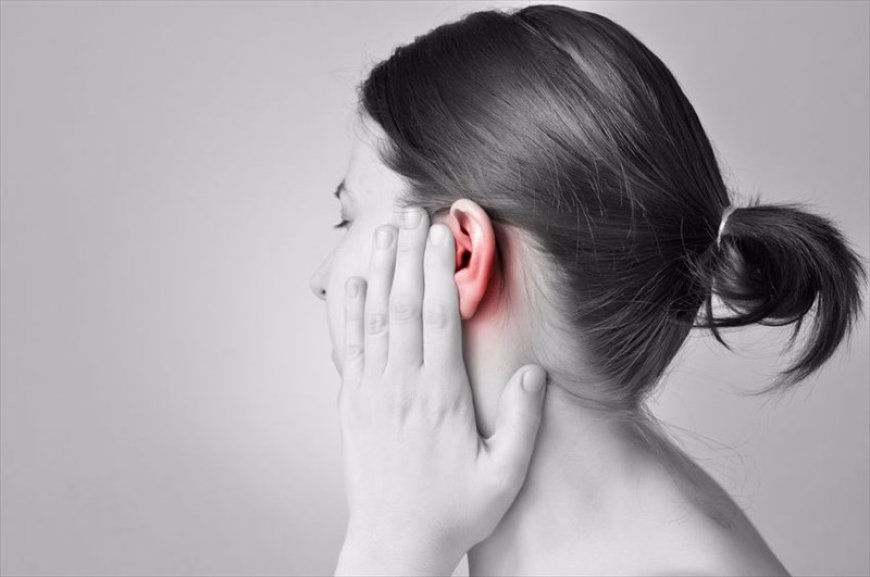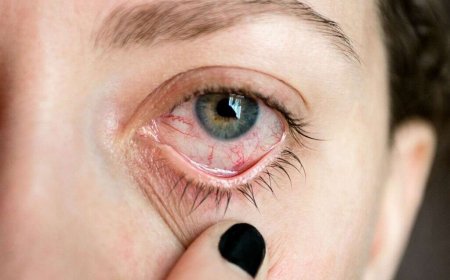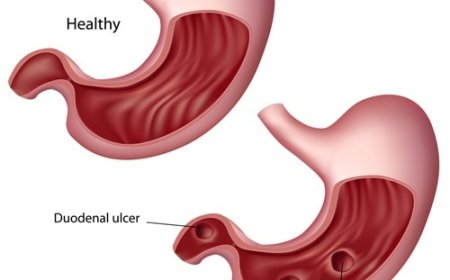Labyrinthitis

Introduction:
Hey there, young adventurers! Today, we're going on an exciting journey to explore something called "Labyrinthitis." It's like a mysterious wobble that can affect our ears and balance. Don't worry; it's not a scary quest, but an opportunity to learn and understand this curious condition. Let's put on our explorer hats and delve into the world of Labyrinthitis in India!
What is Labyrinthitis?
Labyrinthitis is like a little wobble that happens deep inside our ears. Our ears are like super helpers that keep us balanced, but when they wobble, we might feel dizzy or unsteady. It's essential to know about Labyrinthitis, so we can be prepared if it ever comes our way.
Signs and Symptoms of Labyrinthitis:
When someone has Labyrinthitis, they might experience these signs:
- Dizziness: Feeling like the world is spinning or moving around you.
- Vertigo: When you suddenly feel off-balance or like you're going to fall.
- Nausea: Feeling sick to your stomach or wanting to vomit.
- Hearing Problems: Some people might have trouble hearing or ringing in their ears.
What Is Labyrinthitis?
Labyrinthitis is like a puzzle that doctors solve by looking at the symptoms and doing some tests. It affects the labyrinth, which is a small part inside our ears that helps us stay steady and balanced.
How Is Labyrinthitis Classified?
Labyrinthitis is like a friendly neighbor with two types:
- Viral Labyrinthitis: It's caused by a virus, like a cold or flu bug.
- Bacterial Labyrinthitis: Sometimes, bacteria can sneak into our ears and cause trouble.
Causes and Triggers of Labyrinthitis:
Labyrinthitis can be triggered by different things, such as:
- Infections: When viruses or bacteria sneak into our ears and cause a ruckus.
- Ear Injuries: If we hurt our ears, it might lead to Labyrinthitis.
Risk Factors with Examples of Labyrinthitis:
Some kids might be more likely to get Labyrinthitis, especially if:
- They Had a Cold or Flu: If you recently had a cold or flu, you might be at a higher risk of getting Labyrinthitis.
- They Hurt Their Ears: If you hurt your ears while swimming or playing, it's essential to tell a grown-up.
Types of Labyrinthitis with Detailing for Each Type:
Labyrinthitis has two types:
- Viral Labyrinthitis: This type is more common and caused by pesky viruses that affect our ears.
- Bacterial Labyrinthitis: Less common, but bacteria can also cause trouble in our ears.
Diagnostic Tests and Treatments:
To solve the mystery of Labyrinthitis, doctors use special tests and treatments:
- Physical Exam: The doctor will check your ears and ask about how you're feeling.
- Hearing Test: This fun test checks how well you can hear different sounds.
- Balance Test: You might play games to see if your balance is working well.
Treatment:
Labyrinthitis often goes away on its own, but doctors may suggest some helpful treatments:
- Rest: Resting and taking it easy can help your ears heal.
- Medicines: If needed, the doctor might give you medicine to help with dizziness or other symptoms.
- Fluids: Drinking lots of water can keep you hydrated and feeling better.
Complications and Prevention Techniques:
The good news is that Labyrinthitis usually gets better with time, but here's how to stay safe:
- Wash Hands: Wash your hands often to keep germs away.
- Protect Ears: If you're swimming, wear earplugs to keep water out of your ears.
- Tell a Grown-up: If you're feeling dizzy or off-balance, tell a grown-up so they can take care of you.
Labyrinthitis is like a wobble adventure in our ears, but with some rest and care, we can conquer it. Our ears are essential for balance and hearing, so let's keep them safe and protected. Remember to tell a grown-up if you ever feel dizzy or off-balance, so they can help you feel better. Keep exploring and learning, young adventurers! Stay steady and wobble-free!
What's Your Reaction?
 Like
0
Like
0
 Dislike
0
Dislike
0
 Love
0
Love
0
 Funny
0
Funny
0
 Angry
0
Angry
0
 Sad
0
Sad
0
 Wow
0
Wow
0








































































